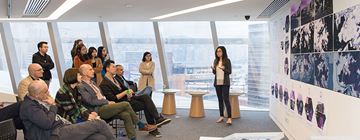With its dynamic urban lifestyle, world-class infrastructure, and cultural diversity, Hong Kong stands among the world’s leading cities. This guide helps non-local students plan and budget for life at PolyU Design.
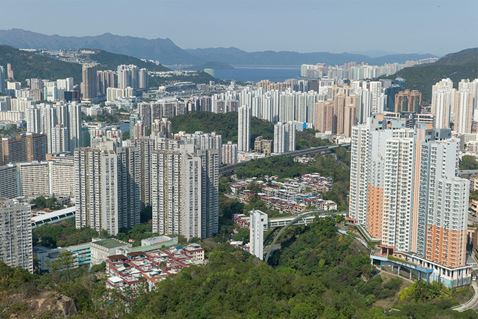
Accommodation
Monthly rent varies depending on location, housing type, and amenities. Options include co-living spaces and private apartments (Student Halls of Residence are not available to taught postgraduate students).
- Student Halls of Residence: HKD 8,800 – 9,600 per semester
- Co-living space: starting at HKD 8,000/month
- Private shared apartment: HKD 6,500 – 8,000/month
- Studio flat: HKD 10,000 – 12,000/month
Tip: Consider living in areas like Hung Hom, To Kwa Wan, or Mongkok for proximity to PolyU and relatively affordable rent.
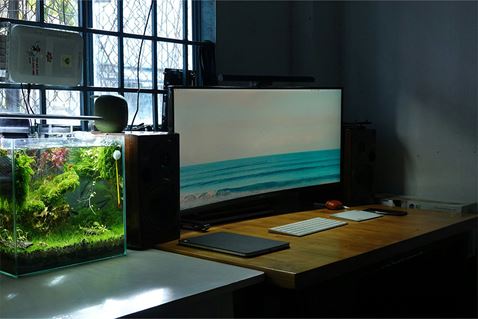
Utilities
Utilities typically include electricity, water, gas, and internet.
- Electricity, water, gas: HKD 300 – 600/month
- Internet and mobile plan: HKD 300 – 400/month
Some university accommodations include utilities in the rent.
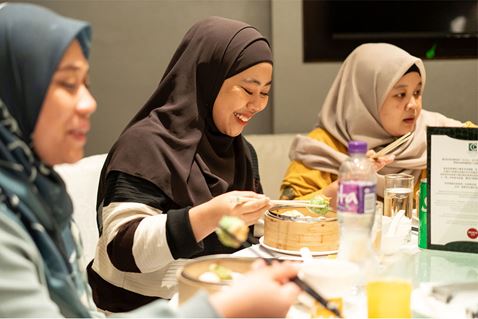
Food
Hong Kong offers a wide range of dining options, from affordable local eateries to international cuisine.
- Groceries: HKD 1,500–2,500/month (varies by diet and cooking habits)
- Dining out: HKD 40–90 per meal
Student canteens and local cha chaan tengs offer budget-friendly meals. Check out popular all-you-can-eat spots frequented by international and exchange students.
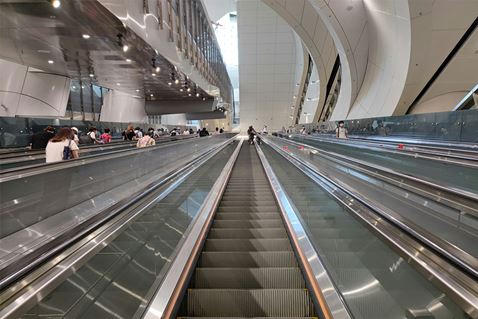
Transportation
Hong Kong’s public transport system is efficient and affordable.
- Octopus card (monthly transport): HKD 300 – 500
Full-time students under 25 can apply for the MTR Student Travel Scheme, which offers concessionary fares. MTR monthly passes provide unlimited rides between designated stations and discounts for travel beyond those stations—ideal for frequent commuters.
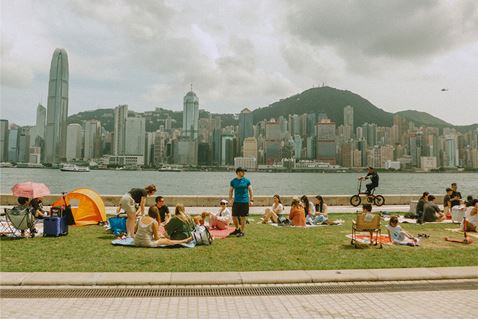
Personal Expenses, Socialising and Leisure
This includes clothing, entertainment, personal care, and miscellaneous items.
- Estimated monthly: HKD 1,000 – 2,000
(e.g., movies: HKD 50–140, coffee: HKD 30–40, occasional dining out, events, and outings)
Costs vary depending on lifestyle and spending habits.
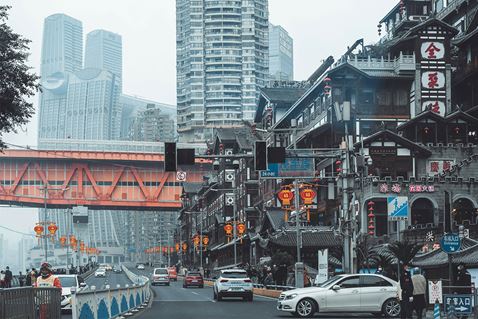
Travel
Make the most of your time in Hong Kong by exploring mainland China! The city is directly connected to major Chinese cities like Shenzhen, Guangzhou, Chongqing, Shanghai, and Beijing via high-speed rail—fast, comfortable, and affordable.
Suggested travel plan per semester:
- Two short trips (e.g., weekend getaways to Shenzhen or Guangzhou)
- One mid-range trip (e.g., 4–5 days in Shanghai, Chongqing, or Beijing)
Estimated Budget:
- Short trips: HKD 1,000–2,000
- Mid-range trips: HKD 2,500–4,000
- Longer trips: HKD 4,000–6,000
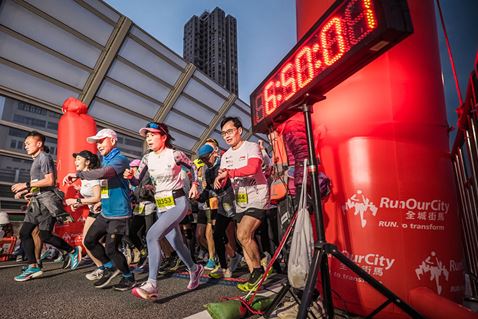
Sports
Staying active in Hong Kong doesn’t have to be expensive! PolyU offers free or low-cost access to sports facilities like gyms, swimming pools, and courts. You can also join student clubs for activities like hiking, football, yoga, or dance.
- Public sports centres: HKD 20–40 per session
- Fitness classes or private gyms: HKD 300–800/month depending on location and package
Additionally, you can take part in public sports events held throughout the year in Hong Kong, such as the Standard Chartered Hong Kong Marathon and the Hong Kong Cyclothon, joining thousands of amateur and professional athletes competing against the city’s iconic skyline.
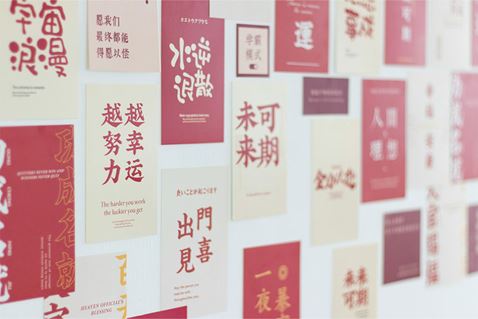
Health Insurance
PolyU acquires an overall Group Personal Accident (GPA) Insurance for registered students on an annual basis. For details on insurance coverage, please visit the Global Engagement Office website. PolyU provides basic coverage; students may opt for additional private plans.
Student Messages

Harvansh Khokar, taught postgraduate student from India
Accommodation Tips from Harvansh
I recommend choosing accommodation near an MTR station—PolyU is located right at Hung Hom station, which makes commuting convenient and time-efficient. Be sure to visit the apartment in person, or have a local guardian do so on your behalf, before signing any contract. This ensures the condition and arrangements meet your expectations.
My initial budget was HKD 7,000–10,000 per month for a single unit, and HKD 16,000–18,000 for a larger two-person shared unit. I eventually rented a single studio apartment for HKD 9,500 per month.
I began my search one month before the course started. Keeping a flexible budget helped me explore more options and better understand the local rental market, which led to a well-informed final decision.
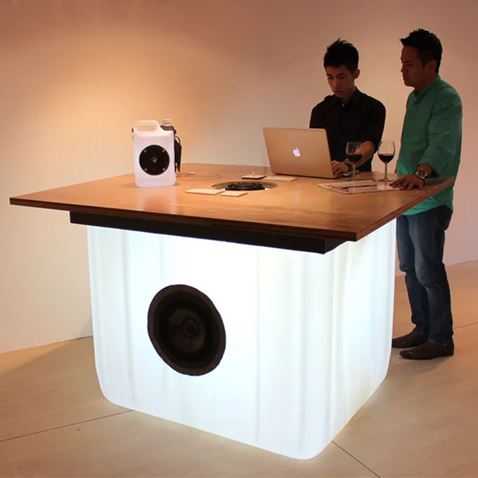
Kevin Cheung, upcycling product designer based in Hong Kong
Sustainable Shopping Tips from Kevin
As someone who cares about sustainability, I make an effort to prioritise second-hand items in my daily purchases. Platforms like Carousell and local second-hand shops are my go-to places—I often find myself scrolling through them for useful and affordable finds.
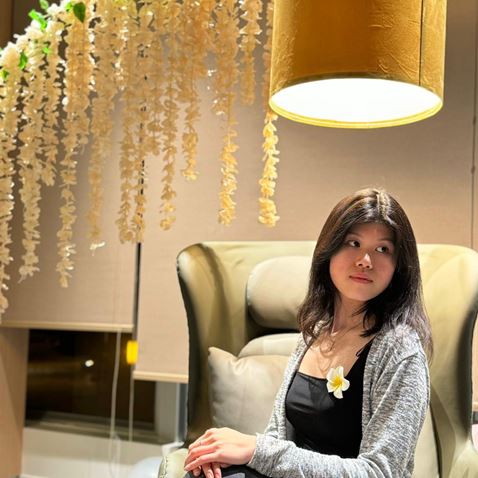
Jennifer Lauw, Year 2 BA student from Indonesia
Lifehacking Tips from Jennifer
Being an international student studying in PolyU, I always feel very welcomed by other local and international students—it was easy to connect and collaborate. Support services like Non-local Student Services and International Student Associations host free events such as Hong Kong tours, which are great for meeting people from around the world.
I gained on-campus work experience, earning HK$80/hour at the digital print shop and as a student guide. There are also job opportunities outside school.
Lifehacking tips for non-local students:
- Book a timeslot for your HKID before arriving to get it quickly, and also apply for a Student Octopus Card as soon as possible.
- Hong Kong is humid—a dehumidifier for your closet is recommended.
- Invest in a windproof umbrella and a good windbreaker.
- Bring a card holder for your student ID and Octopus card that will bring convenience to your daily use.
- Work hard, play hard—Macau and mainland China are easy to visit. Disneyland and Ocean Park, you can choose to buy an annual pass if you plan to visit multiple times.
Balance your work life and social life—it makes all the difference!
Listen to Jennifer’s full sharing including her average spending per month in Hong Kong on YouTube (starting from 38:31)




